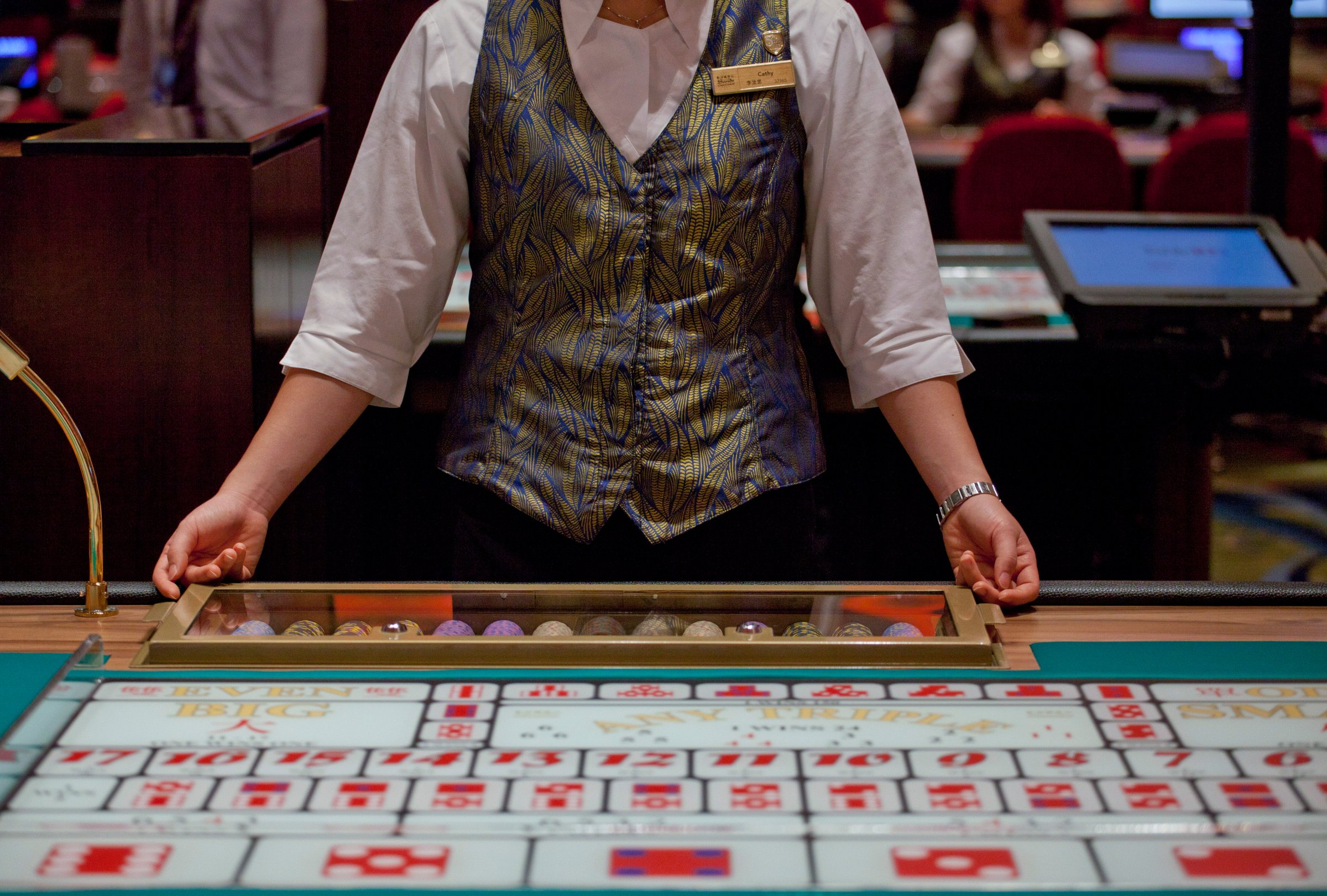
Researchers have found gamblers are more prone to find non-existent patterns in completely random sequences — and are more likely to bet on those erroneous perceptions — adding to a large amount of research that suggests pathological gambling is the result of cognitive distortions.
The study, published Wednesday in Springer’s Journal of Gambling Studies, says that all humans fall victim to illusory patterns — if a roulette ball lands on black five turns in a row, for example, it is normal to think that it must surely land on red next. But compulsive gamblers see more such imaginary patterns and are different to recreational gamblers by their increased likelihood to bet on the false trends.
“Our results suggest that gamblers are more willing to bet impulsively on perceived illusory patterns,” stated co-lead author Wolgang Gaissmaier in a press release.
In a laboratory, the team compared the betting habits of 91 habitual gamblers versus 70 people who were not. Participants were shown pictures of two slot machines and had to predict the winner, but the catch was one had a 67% chance of producing a win while the other machine produced a win only 33% of the time. Participants were not explicitly told of the probability difference but the study said it “could be learned from experience via feedback.”
The results showed that gamblers were more likely than non-gamblers to use ‘probability matching’ — or making predictions based on past results.
“They are overly prone to accept random series of events as, in fact, non-random — and non-random enough to be worth betting on,” said Gaissmaier.
More Must-Reads From TIME
- The 100 Most Influential People of 2024
- Coco Gauff Is Playing for Herself Now
- Scenes From Pro-Palestinian Encampments Across U.S. Universities
- 6 Compliments That Land Every Time
- If You're Dating Right Now , You're Brave: Column
- The AI That Could Heal a Divided Internet
- Fallout Is a Brilliant Model for the Future of Video Game Adaptations
- Want Weekly Recs on What to Watch, Read, and More? Sign Up for Worth Your Time
Contact us at letters@time.com